Brussels leaders have repeatedly expressed concerns over Hungary's family policy
With Charles Michel stepping down, the European Union (EU) landscape could turn extremely complex.
For Hungary, in addition to chairing Council meetings, taking over the presidency would also mean playing a central role, together with the Parliament, in forming the new Commission, which will take place in the autumn,
said Fanni Lajko, an analyst at the Center for Fundamental Rights, in response to an inquiry from Magyar Nemzet. The president of the EU Council has a political role, heading and steering the institution and performing various representative functions. He provides a kind of impetus to the functioning of the European Council, she added.
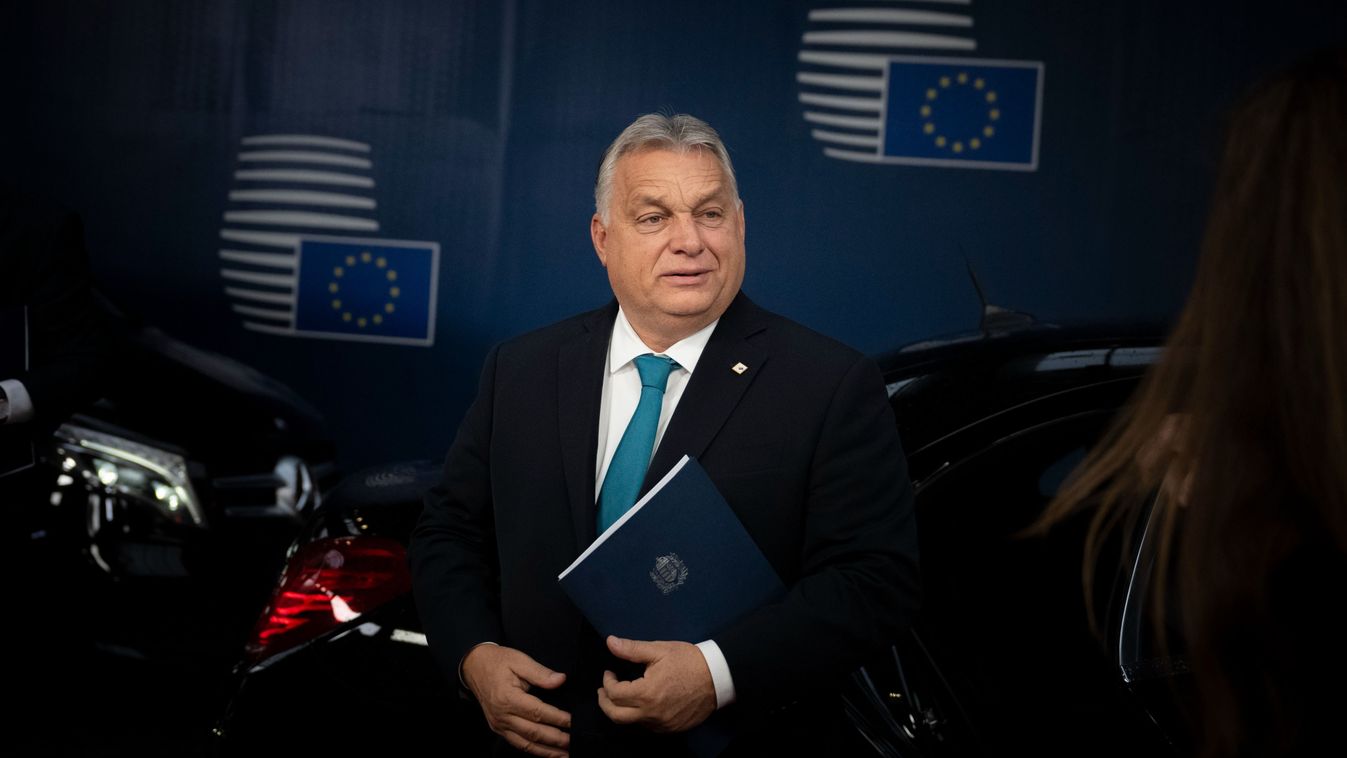
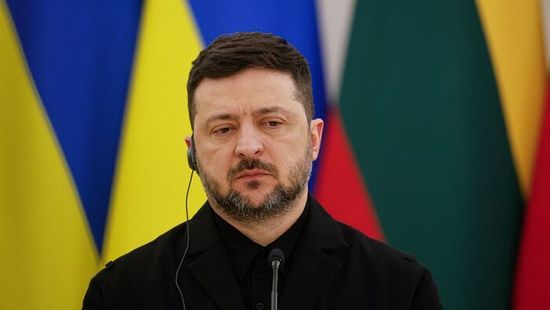

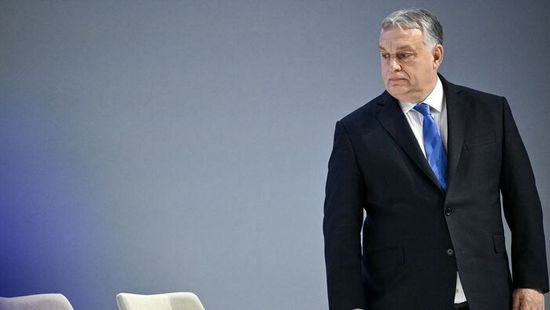



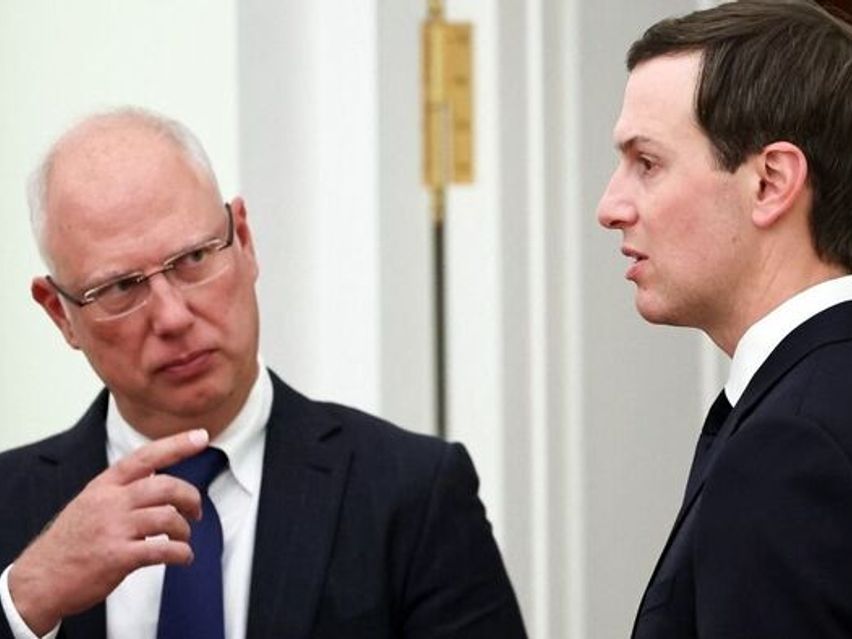




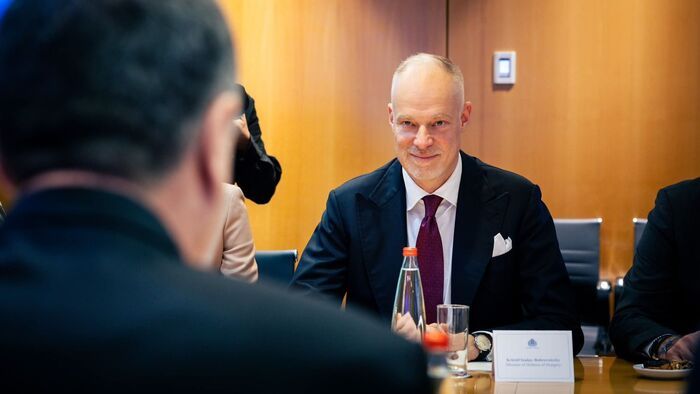


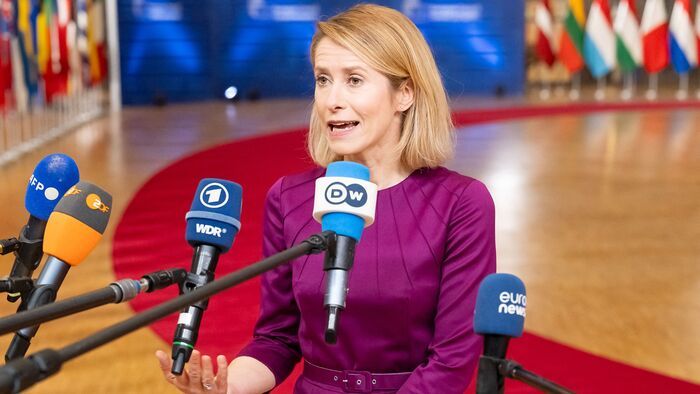
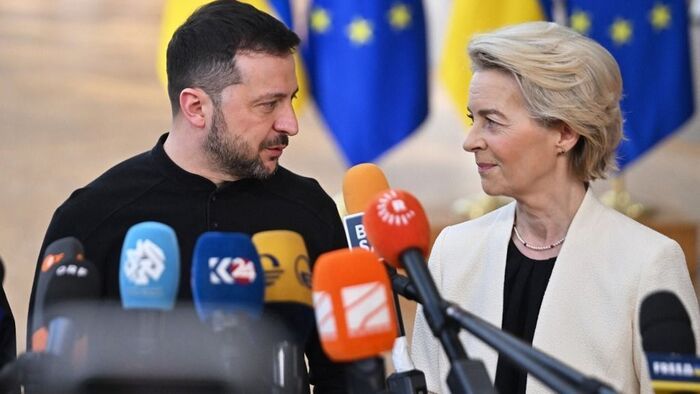
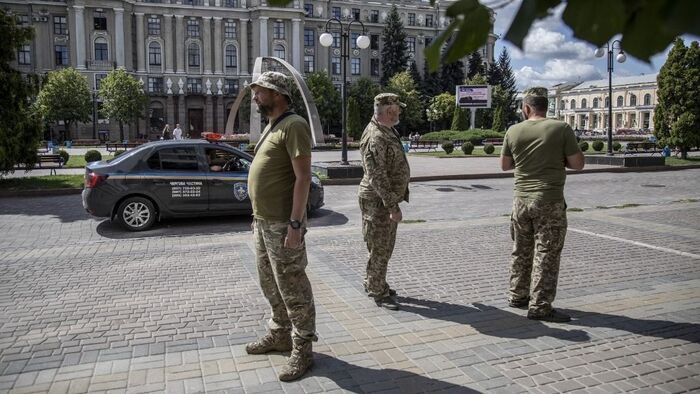




Szóljon hozzá!
Jelenleg csak a hozzászólások egy kis részét látja. Hozzászóláshoz és a további kommentek megtekintéséhez lépjen be, vagy regisztráljon!